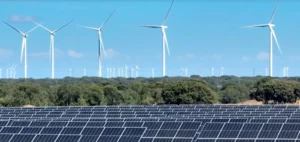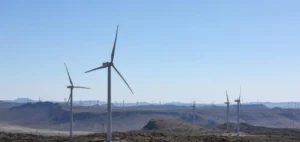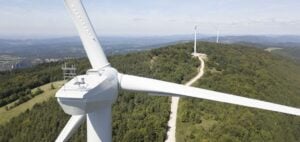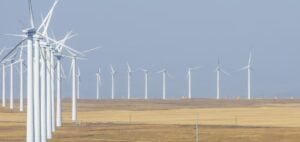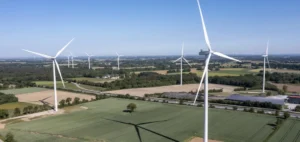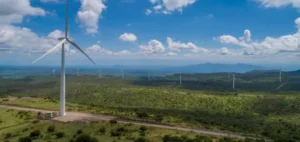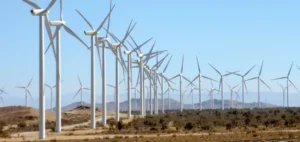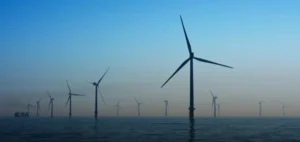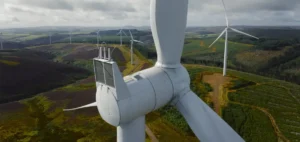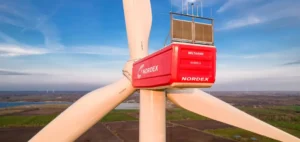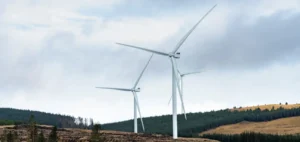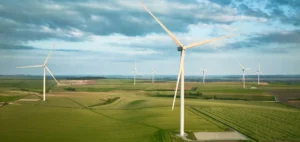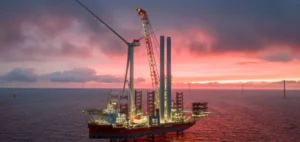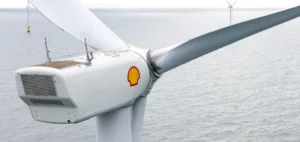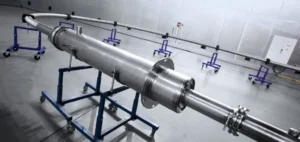French power cable company Nexans announced Friday that it has won “the largest contract in its history” to connect future offshore wind farms in the North Sea to the power grid in Germany.
Nexans has been awarded a framework agreement with TenneT, a transmission system operator in the Netherlands and parts of Germany, for three projects to connect wind farms in the German North Sea to the mainland, for an initial amount of 1.7 billion euros. These projects, designed to “accelerate Germany’s energy transition and strengthen energy security in Europe”, are to be operational “between 2029 and 2031”, Nexans said in a statement released on Friday.
This announcement comes less than two weeks after the meeting in Ostend of officials from nine European countries to organize the development of wind power in the North Sea. The world’s second largest cable ship will transport a total of 6 GW of energy from the North Sea to Germany, via “more than 2,160 kilometers” of high-voltage direct current submarine cables.
In 2022, Nexans, which has refocused on electrification and is gradually dropping digital data cables, finished developing and testing the first 525 kV DC cable specifically designed to support the energy transition. It will execute its turnkey contract, including civil engineering, and will manufacture its cables at its Norwegian factory in Halden. The three offshore wind farms to be connected are BalWin3, LanWin4 and LanWin2.
In 2017, Nexans was awarded a contract by the operator TenneT for the connection of the DolWin6 field (two times 90 kilometers), and in 2022 for the BorWin6 field (235 kilometers). “Uncertainty over energy supply once again underlines the need for investment in offshore networks across Europe. This can only be achieved by building strong long-term partnerships between suppliers and transmission system operators,” said Vincent Dessale, Nexans Executive Director.
“The framework agreement developed by TenneT is the perfect answer to these challenges,” added the same source, looking forward to participating in a “pioneering” project. To reduce its dependence on imported fossil fuels in the wake of the war in Ukraine, the EU recently agreed to double the share of renewables in its energy consumption to 42.5% by 2030, in particular by speeding up infrastructure approval procedures.



